Howard Hanson, Eastman-Rochester Orchestra - Hanson Conducts Bloch (1991)
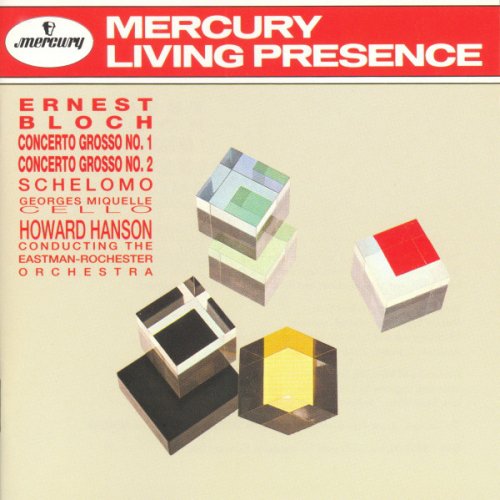
Artist: Howard Hanson, Eastman-Rochester Orchestra
Title: Hanson Conducts Bloch
Year Of Release: 1991
Label: Mercury Living Presence
Genre: Classical
Quality: APE (image+.cue,log,scans)
Total Time: 01:03:05
Total Size: 369 Mb
WebSite: Album Preview
Tracklist: Title: Hanson Conducts Bloch
Year Of Release: 1991
Label: Mercury Living Presence
Genre: Classical
Quality: APE (image+.cue,log,scans)
Total Time: 01:03:05
Total Size: 369 Mb
WebSite: Album Preview
Concerto Grosso No. 1 For String Orchestra With Piano Obbligato
1. 1. Prelude: Allegro Energico E Pesante 2:52
2. 2. Dirge: Andante Moderato 8:01
3. 3. Pastorale And Rustic Dance 6:44
4. 4. Fugue 6:08
Concerto Grosso No. 2 For String Orchestra
5. 1. Maestoso 5:21
6. 2. Andante 3:08
7. 3. Allegro 4:09
8. 4. Tranquillo 6:12
9. Schelomo - Hebraic Rhapsody For Violincello And Orchestra 20:28
Performers:
Eastman-Rochester Orchestra
Howard Hanson, conductor
Both Hanson and Bloch are great American composers who were once more widely appreciated. Howard Hanson was born in Wahoo, Nebraska to Swedish parents, and Ernst Bloch was an immigrant from Switzerland. Bloch was so deeply appreciative of his adopted land that later he wrote "America - An Epic Rhapsody" (conducted by Stokowski with chorus and orchestra).
The "Mercury Living Presence" feature of this recording antedates the development of stereophonic sound, but its effect brings the sound amazingly real and close. Under Hanson's baton the string orchestra is precise and trenchant.
The first movement of the Concerto Grosso No. 1 is one of the most committed musical segments ever written. It is completely purposeful and decisive. The second movement is like a retrospective, or thoughtful hesitation, with minor and major keys alternating rapidly, and sometimes coinciding. The minor theme is like a review of the sadness, perhaps of a life, with the coincidence of major and minor representing cognitive and emotional dissonance and pain previously endured. Then in the third movement happy little tunes start to emerge, almost like folksongs, as though the composer had been given permission to enjoy, or discover happiness. The fourth and final movement is one of the most impressive five-part fugues anywhere in music. J.S. Bach would have been proud. It weaves the four string voices together with the piano as a fifth voice, and emerges as a triumph of integration. And isn't that what a fulfilled life is all about? To me, the piece sounds tremendously vital and life-affirming.
The other pieces on the CD will take longer to appreciate - don't expect to like them until several listenings. But the first Concerto Grosso is a masterpiece. Occasionally I listen to the Concerto Grosso No. 2, which is good composition, but not as persuasive or powerful. Lastly, the Hebraic melody, Schelomo, is far too sad to bear much listening, unless one is actively grieving.
The "Mercury Living Presence" feature of this recording antedates the development of stereophonic sound, but its effect brings the sound amazingly real and close. Under Hanson's baton the string orchestra is precise and trenchant.
The first movement of the Concerto Grosso No. 1 is one of the most committed musical segments ever written. It is completely purposeful and decisive. The second movement is like a retrospective, or thoughtful hesitation, with minor and major keys alternating rapidly, and sometimes coinciding. The minor theme is like a review of the sadness, perhaps of a life, with the coincidence of major and minor representing cognitive and emotional dissonance and pain previously endured. Then in the third movement happy little tunes start to emerge, almost like folksongs, as though the composer had been given permission to enjoy, or discover happiness. The fourth and final movement is one of the most impressive five-part fugues anywhere in music. J.S. Bach would have been proud. It weaves the four string voices together with the piano as a fifth voice, and emerges as a triumph of integration. And isn't that what a fulfilled life is all about? To me, the piece sounds tremendously vital and life-affirming.
The other pieces on the CD will take longer to appreciate - don't expect to like them until several listenings. But the first Concerto Grosso is a masterpiece. Occasionally I listen to the Concerto Grosso No. 2, which is good composition, but not as persuasive or powerful. Lastly, the Hebraic melody, Schelomo, is far too sad to bear much listening, unless one is actively grieving.
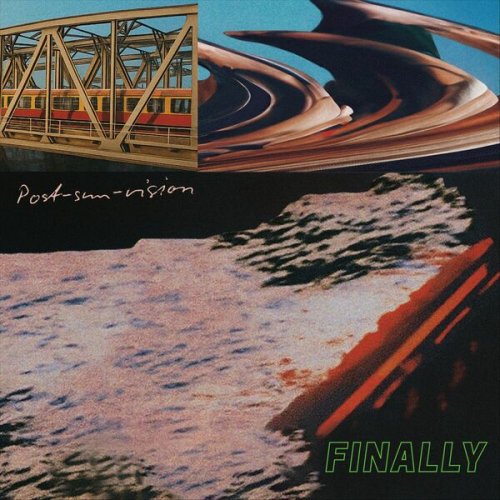
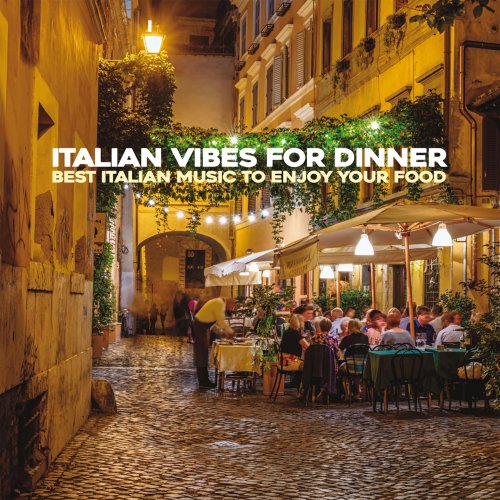
![Zbigniew Namyslowski Modern Jazz Quartet - Lola (Remastered 2025) (2025) [Hi-Res] Zbigniew Namyslowski Modern Jazz Quartet - Lola (Remastered 2025) (2025) [Hi-Res]](https://www.dibpic.com/uploads/posts/2025-12/1765509687_cover.jpg)
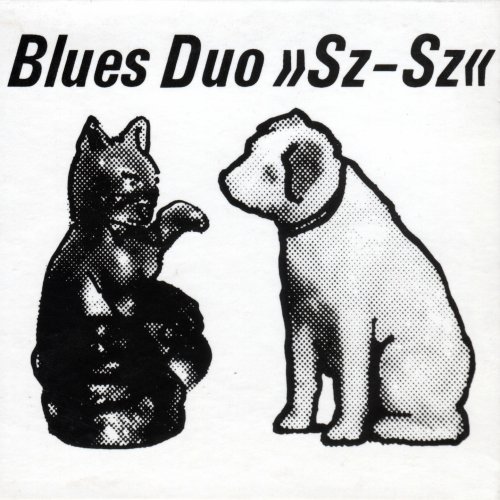
![Tomasz Stańko - Unit (Polish Radio Sessions vol. 2/6) (2025) [Hi-Res] Tomasz Stańko - Unit (Polish Radio Sessions vol. 2/6) (2025) [Hi-Res]](https://www.dibpic.com/uploads/posts/2025-12/1765790300_cover.jpg)

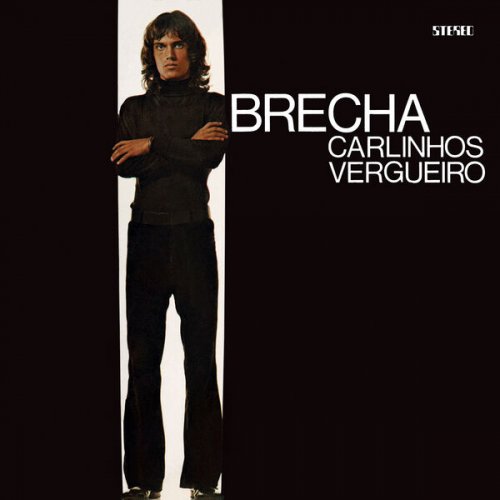

![Afrodream - Guiss Guiss (2025) [Hi-Res] Afrodream - Guiss Guiss (2025) [Hi-Res]](https://www.dibpic.com/uploads/posts/2025-12/1765638325_a2717494732_0.jpg)